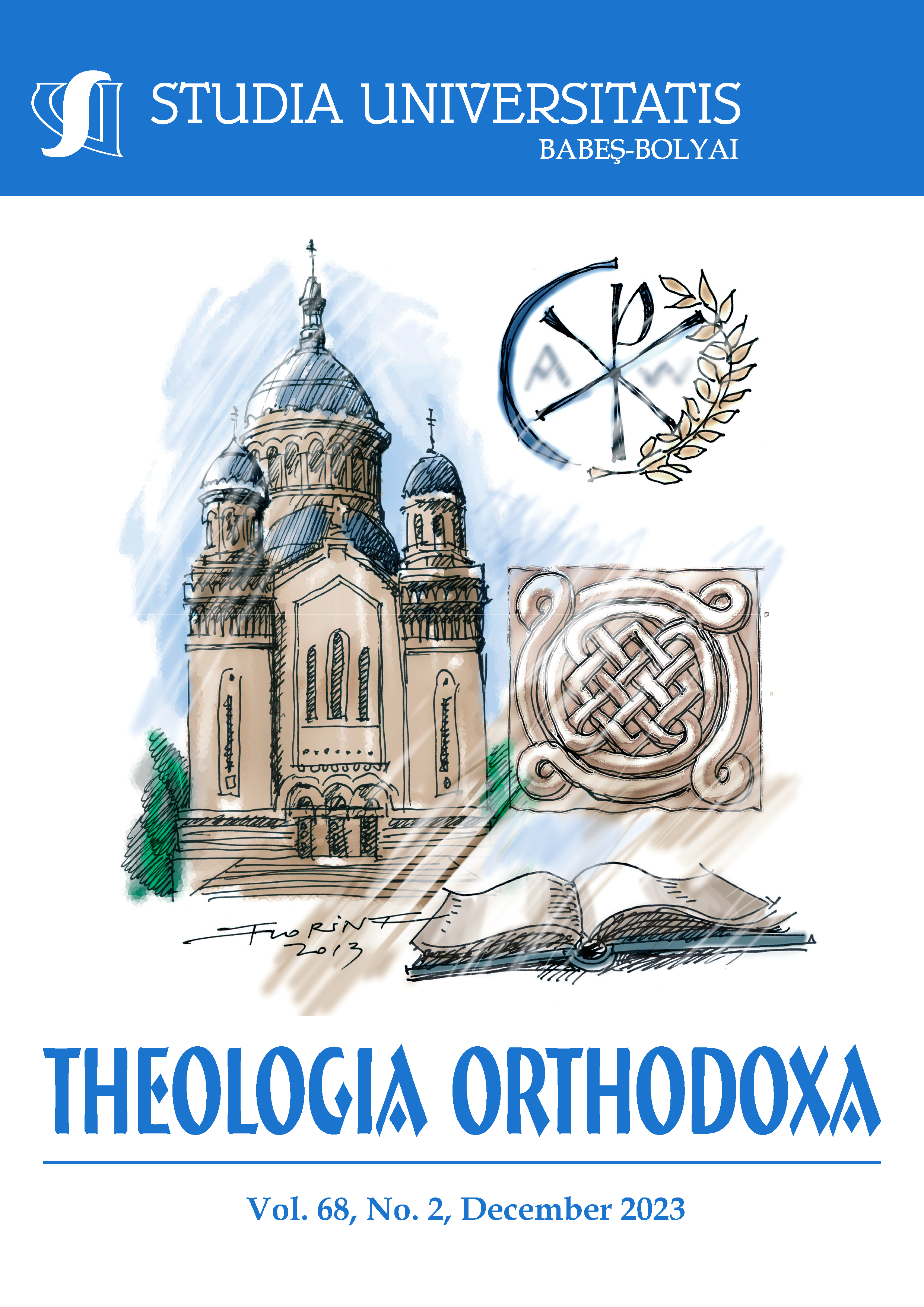Matthean Allusions and Echoes in the Catholic Epistle of James
DOI:
https://doi.org/10.24193/subbto.2023.2.08Keywords:
macarism, aphorism, wisdom, wealth, poverty, good deedsAbstract
The present article aims to examine the theology of the Epistle of James through the lens of the Gospel according to Matthew. James is a unique text in the New Testament deeply rooted in the tradition of Hellenistic Judaism. The writing presents theological ideas in the form of sayings or sentences, closely resembling the wisdom literature of the Old Testament and the Synoptic Gospels. The practical nature, rare doctrinal fragments, and the presence of recurring themes make it challenging to establish a clear division of the five chapters. They can be best grouped around eight homiletic-didactic discourses, mostly built around a macarism or aphorism, adapted by the author to a specific theme. Most allusions and echoes can be linked to the Sermon on the Mount, but not exclusively. Even though some texts resonate strongly with the Matthean text, especially thematically, and the phenomenon of intertextuality is impressive, it would still be quite bold to assert that James had a copy of Matthew in front of him when writing his Epistle. This is confirmed by the lack of exact quotations. It is very likely a catechetical or didactic tradition already present in the first-century Christian teaching at the confluence of the Jewish and Hellenistic environment, strongly influenced by Matthew, whose popularity is beyond doubt. The hypothesis is supported by the presence of similar themes in the writings of the Apostolic Fathers, literature highly esteemed in early Christian communities. It is therefore very possible that James was familiar with the Matthean Gospel through his cultic reading, justifying the theological depth evident in the treatment of common themes.References
Allison Jr, Dale C. “A Liturgical Tradition behind the Ending of James.” JSNT 1 (2011): 3–18.
———. “Blessing God and Cursing People: James 3:9-10.” JBL 2 (2011): 397–405.
Batten, Alicia. “God in the Letter of James: Patron or Benefactor?” NTS 2 (2004): 257–72.
Bora, Ion Sorin. “Cei săraci cu Duhul din perspectiva lui Wirkungsgeschichte.” MO 5-8 (2006): 115–20.
Boyle, M. O’Rourke. “The Stoic Paradox in James 2:10.” NTS 31 (1985): 611–17.
Ciurea, Mihai. “Credința și faptele bune după Epistola Sobornicească a Sfântului Iacob.” MO 9-12 (2020): 125–34.
———. “Dumnezeu Tatăl (ὁ Πατήρ) în Epistola Sobornicească a Sfântului Iacob.” ST 2 (2019): 9–36.
Edgar, David Hutchinson. Has God Not Chosen the Poor?: The Social Setting of the Epistle of James. Sheffield: Sheffield Academic Press, 2001.
Fensham, F. Charles. “Faith, Works, and the Christian Religion in James 2:14-26.” JNES 2 (1962): 129–39.
Garcia, Ehud M. The Wisdom of James: Word and Deed for the Diaspora. Xulon Press, 2018.
Goodspeed, Edgar J. An Introduction to the New Testament. Chicago: University of Chicago Press, 1937.
Johnson, Luke Timothy. The Letter of James: A New Translation and Commentary Garden. The Anchor Bible 37A. New York: Doubleday, 1995.
Royster, Arhiep. Dmitri. Comentariu La Epistola Sfântului Apostol Iacov. Translated by Camil Marius Dădârlat. București: Basilica, 2021.
Shepherd, Jr, Massey H. “The Epistle of James and the Gospel of Matthew.” JBL 1 (1956): 40–51.
Simon, Louis. Une Ethique de La Sagesse. Commentaire l’Epître de Jacques. Genève: Labor et Fides, 1966.
Sf. Teofilact al Bulgariei. Tâlcuire Cu De-Amănuntul La Epistolele Sobornicești. Edited by Ștefan Voronca. Translated by the monks Gherontie and Grigorie (Dascălul). Iași: Doxologia, 2015.
Todoran, Simion. Epistola Sfântului Iacov. Introducere, traducere și comentariu. București, 1997.
Downloads
Published
How to Cite
Issue
Section
License
Copyright (c) 2023 Studia Universitatis Babeș-Bolyai Theologia Orthodoxa

This work is licensed under a Creative Commons Attribution-NonCommercial-NoDerivatives 4.0 International License.





 ISSN (print): 1224-0869, ISSN (online): 2065-9474, ISSN-L: 2065-9474
ISSN (print): 1224-0869, ISSN (online): 2065-9474, ISSN-L: 2065-9474